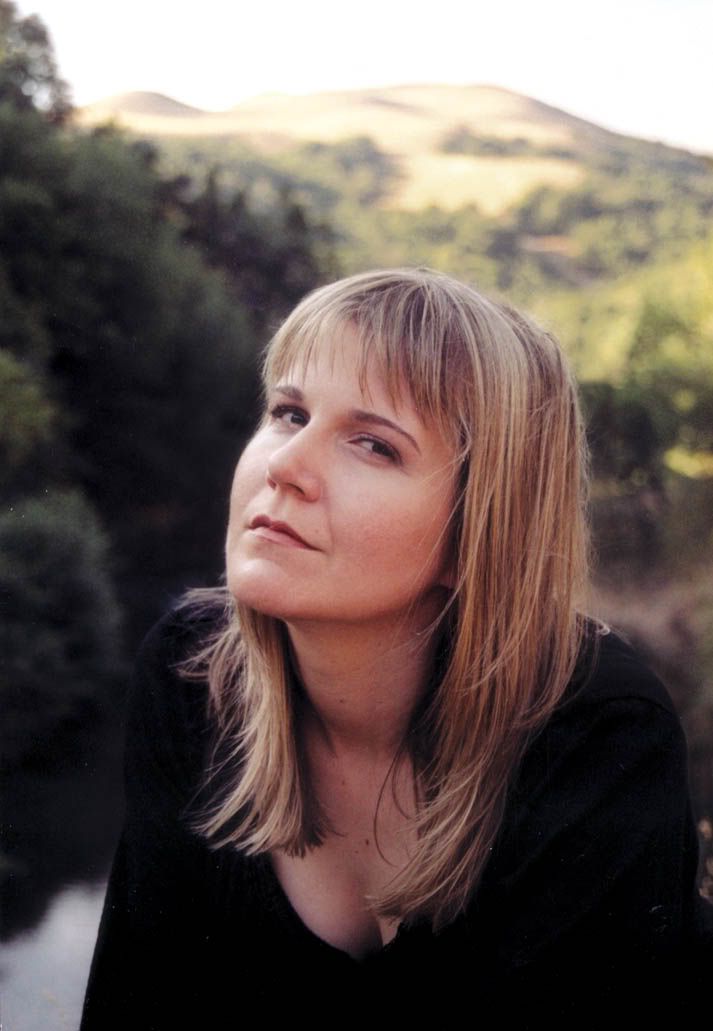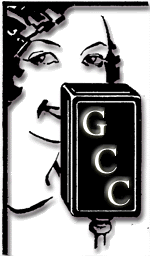Should Teenagers Read Books with Sex, Swearwords, and Racial Epithets in Them? More Thoughts on Censorship.
For those who aren't regular readers of my blog, over the past week or so I've been following two stories about the young adult author Chris Crutcher. Recently he met with South Carolina Superintendent of Schools Inez Tenenbaum about the removal of his novel Whale Talk from the state recommended list. And just yesterday, a teacher in Grand Rapids, Michigan, was threatened with her job for using a Crutcher story with her seventh graders: a story which contained racial epithets in order to deliver an ultimately anti-racist message.
I don't know what happened at the board meeting last night, but I wanted to share these comments I received about this situation:
I find it hard to believe that the use of the Chris Crutcher story is the only reason why the teacher is losing her job. These kinds of actions rarely happen for one reason. There were probably other complaints about the teacher for different things. Something smells fishy to me.
I'm not aware of whether that's the case, but it's worth considering. Probably only parents and teachers in the district know for sure. The Crutcher story was the reason given for her impending dismissal, though.
I was having an interesting discussion at a writers' forum about all the heat Crutcher is taking lately. Some people who commented felt there was a clear difference between the Crutcher book being taken off the recommended list in South Carolina and someone losing her job for teaching a story. One person mentioned that she wouldn't want her own son reading the Crutcher novel Running Loose due to the content. (I don't know how old her son is.) She objected to a passage in the novel in which a young man cuts a hole in a popcorn box and puts his penis, which he's nicknamed "Old Norton," through it in order to shock his movie date.
I haven't read the novel, but I have to believe this is not the sole point of the novel and that the scene serves a purpose in the novel. As a teacher, I always, always had success when offering kids (I'm talking eighth graders) stories that were real, stories to which they could relate.
And yes, like it or not, sex is a part of these kids' world. One girl I taught was beaten by her boyfriend during a sexual encounter, so badly that she lost consciousness. And another girl I taught became known as the blowjob queen of the school because she just wanted to be "popular" and boys started to like her more when she began letting guys line up for her ministrations at parties.
This is reality. If we don't TALK about it, these kids won't have any frame of reference for how to respond to these situations. The blowjob queen's parents were in total denial of what was going on with their daughter, but it was common knowledge among the kids and even the teachers, who shared this information with the parents to no avail. So the girl was left on her own. If she got invited to more parties and more boys talked to her, life was good, in her opinion. She wrote unabashedly in notes to her friends: I'm now incredibly popular, and all I had to do was get to third base!!! She had no sense of the impact of what she was doing on her reputation, self-esteem, etc.
I'm not advocating that eighth graders behave in this way; what parent would? However, as parents and teachers, we shouldn't be afraid of these issues being presented in books. If kids see it in fiction, they may get some sense of how to handle these situations.
Here's an article about Running Loose, another Crutcher book that's widely challenged. This isn't an I LOVE CHRIS CRUTCHER--YAY, CRUTCHER! article; it points out the plusses and minuses to using Crutcher books with young people. In fact, it's called "Chris Crutcher: Hero or Villain?" A small excerpt:
I don't know what happened at the board meeting last night, but I wanted to share these comments I received about this situation:
I find it hard to believe that the use of the Chris Crutcher story is the only reason why the teacher is losing her job. These kinds of actions rarely happen for one reason. There were probably other complaints about the teacher for different things. Something smells fishy to me.
I'm not aware of whether that's the case, but it's worth considering. Probably only parents and teachers in the district know for sure. The Crutcher story was the reason given for her impending dismissal, though.
I was having an interesting discussion at a writers' forum about all the heat Crutcher is taking lately. Some people who commented felt there was a clear difference between the Crutcher book being taken off the recommended list in South Carolina and someone losing her job for teaching a story. One person mentioned that she wouldn't want her own son reading the Crutcher novel Running Loose due to the content. (I don't know how old her son is.) She objected to a passage in the novel in which a young man cuts a hole in a popcorn box and puts his penis, which he's nicknamed "Old Norton," through it in order to shock his movie date.
I haven't read the novel, but I have to believe this is not the sole point of the novel and that the scene serves a purpose in the novel. As a teacher, I always, always had success when offering kids (I'm talking eighth graders) stories that were real, stories to which they could relate.
And yes, like it or not, sex is a part of these kids' world. One girl I taught was beaten by her boyfriend during a sexual encounter, so badly that she lost consciousness. And another girl I taught became known as the blowjob queen of the school because she just wanted to be "popular" and boys started to like her more when she began letting guys line up for her ministrations at parties.
This is reality. If we don't TALK about it, these kids won't have any frame of reference for how to respond to these situations. The blowjob queen's parents were in total denial of what was going on with their daughter, but it was common knowledge among the kids and even the teachers, who shared this information with the parents to no avail. So the girl was left on her own. If she got invited to more parties and more boys talked to her, life was good, in her opinion. She wrote unabashedly in notes to her friends: I'm now incredibly popular, and all I had to do was get to third base!!! She had no sense of the impact of what she was doing on her reputation, self-esteem, etc.
I'm not advocating that eighth graders behave in this way; what parent would? However, as parents and teachers, we shouldn't be afraid of these issues being presented in books. If kids see it in fiction, they may get some sense of how to handle these situations.
Here's an article about Running Loose, another Crutcher book that's widely challenged. This isn't an I LOVE CHRIS CRUTCHER--YAY, CRUTCHER! article; it points out the plusses and minuses to using Crutcher books with young people. In fact, it's called "Chris Crutcher: Hero or Villain?" A small excerpt:
When I asked several groups of student participants what they thought about the brouhaha over Running Loose, they were predictably horrified -- at adults' response. "Old Norton" was a joke, and a corny one at that. More significantly, they loved what they perceived as Crutcher's realism. He was in tune with their real lives, and he wrote about their interests and concerns and about what they knew was going on all around them. Their responses mirrored the responses of another group of students to another book that many adults have found offensive, The Catcher in the Rye, as noted by an eighth-grade teacher in "Teaching Frequently Censored Books." One student wrote, "If teachers and parents are trying to shield their children from the controversial scenes and the questionable language, then they are trying to shield them from real life." {more}Decide for yourself.








<< Home